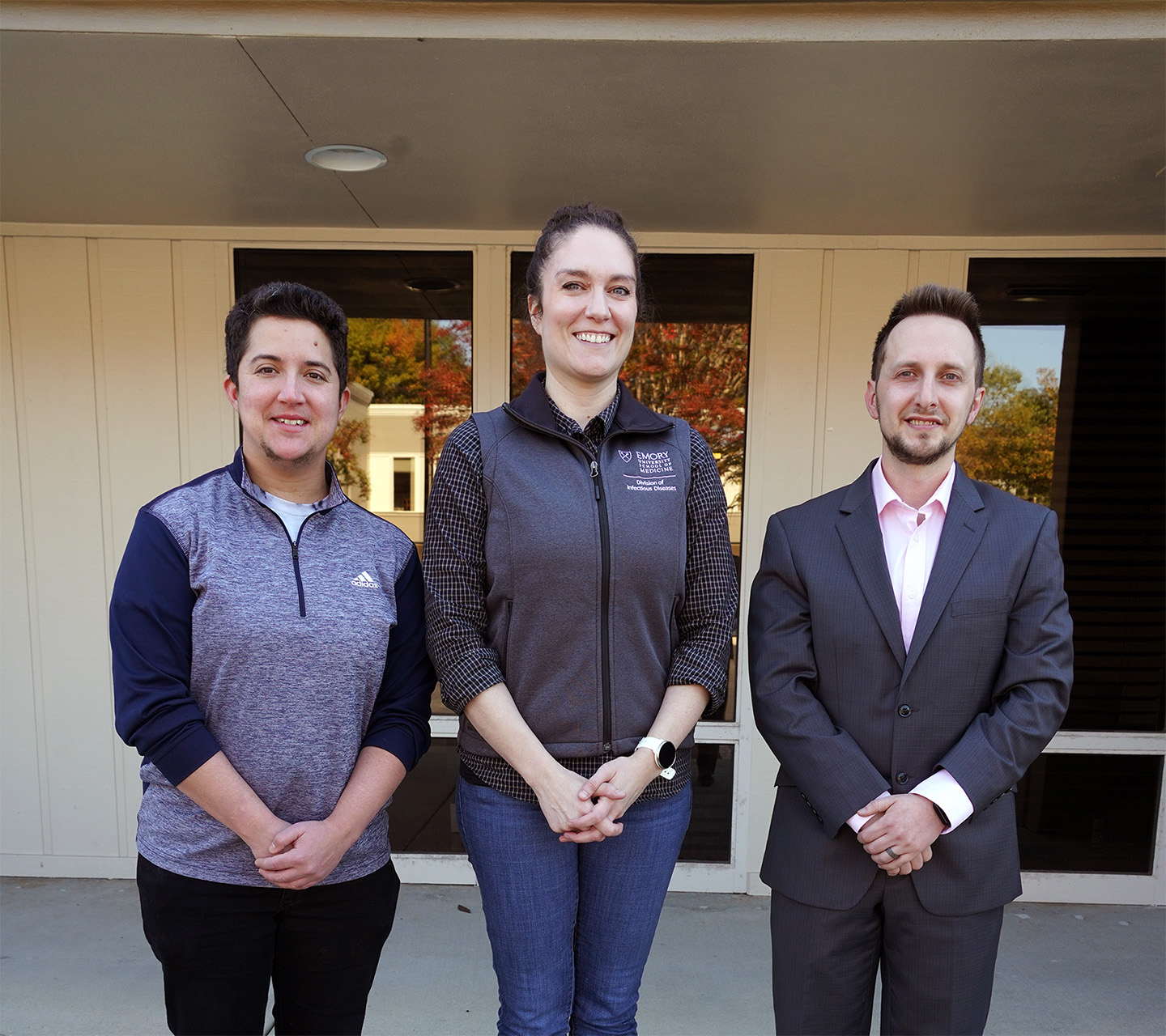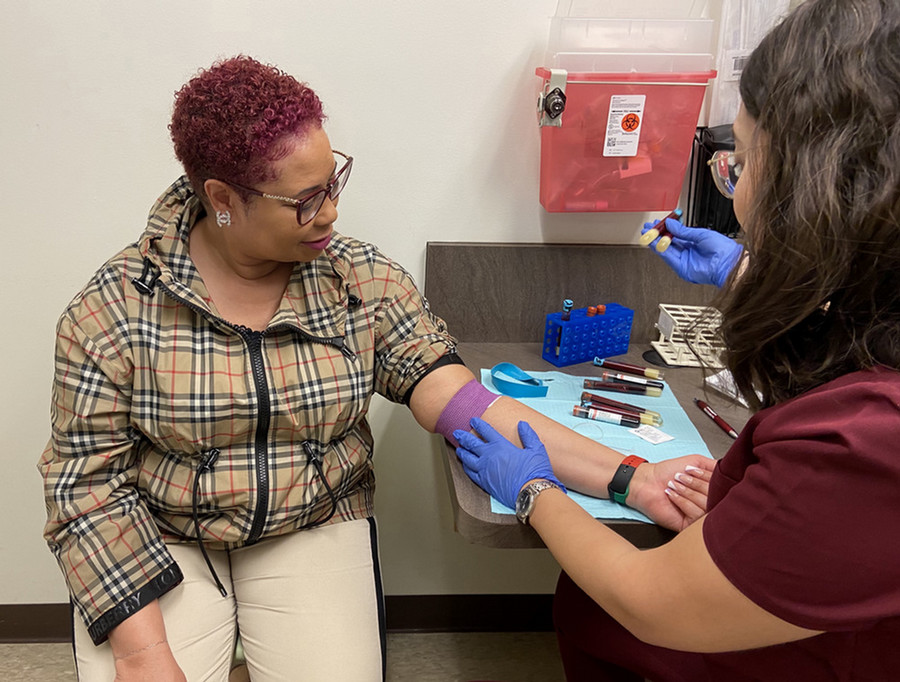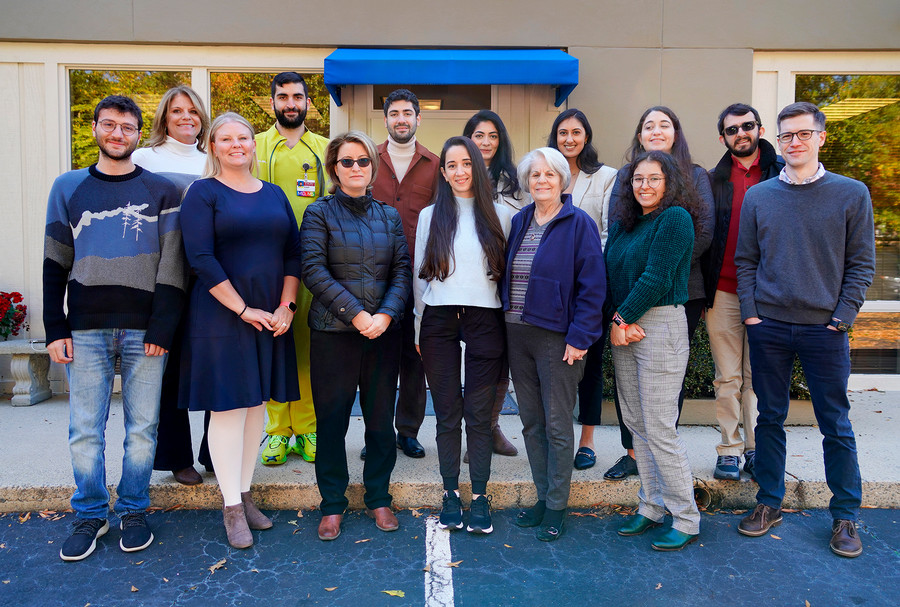Translational Immunology
Translational Mucosal Immunology

The Translational Mucosal Immunology team at the Hope Clinic is an esteemed academic research group focused on understanding the gut mucosal immune and microbial environment. Through the use of cutting-edge techniques, including flow cytometry, bulk and single-cell transcriptomic analyses, and novel ex vivo models and functional assays, our team seeks to understand the molecular and immunological mechanisms governing gut immunology, and the implications of loss of gut immunological homeostasis in the context of HIV infection and chronic inflammation.
Our research group places a special emphasis on sexual and gender minorities, as well as other marginalized populations. We hypothesize that a better understanding of how sex and gender impact gut mucosal immunology, HIV pathogenesis, and chronic inflammation will directly inform novel, personalized HIV prevention and treatment strategies.
Interested undergraduate students, graduate students (IMP), post-doctoral fellows (MD and PhD), and research specialists should contact Dr. Abigail Smith for more information.
Cooperative Centers on Human Immunology Consortium (CCHI)

Emory University is one of only seven centers in the Cooperative Centers on Human Immunology consortium (CCHI) established by the National Institute of Allergy and Infectious Diseases (NAID) in 2003. The purpose of CCHI is to translate immunology research into clinical applications in humans in the areas of infectious disease and immune-mediated diseases. The focus of CCHI at the Hope Clinic is to understand the mechanisms behind how a highly effective vaccine such as the yellow fever vaccine induces a protective immune response with long lasting memory. We study immune responses to the yellow fever vaccine in healthy volunteers by collecting blood and tissue samples after receiving yellow fever vaccination. We also use a special water called heavy water, we are able to track immune cells in the body over time.
We continue our longitudinal study of the SARS-CoV-2 virus observing the level of immunity after infection from the virus of vaccinated participants and looking to see how many are reinfected over time by collecting blood sample and nasal swabs. This helps demonstrate to us how effective the level of immunity is with each vaccine or combination of vaccines over time.
For more information about CCHI Tim Thurman.
The Human Immunology Project Consortium (HIPC)

The Human Immunology Project Consortium (HIPC) program, established in 2010 by the NIAID Division of Allergy, Immunology, and Transplantation, is a major collaborative effort to characterize the diverse states of the human immune system. HIPC investigators use modern analytic tools to profile the immune system before and after infection, vaccination, or treatment to allow a better understanding of the human immune system in general. The Hope Clinic has been part of the HIPC since its inception serving as the Clinical Core for Dr. Pulendran studies. The findings allowed the field to better understand how the immune system ages, how antibiotics can negatively affect the immune responses to vaccines and how adjuvants can positively affect these responses. Currently, we are looking at the immune responses not only in blood circulation but also in immune tissues such as the lymph nodes and bone marrow.
For more information about HIPC, contact Sonia Wimalasena.